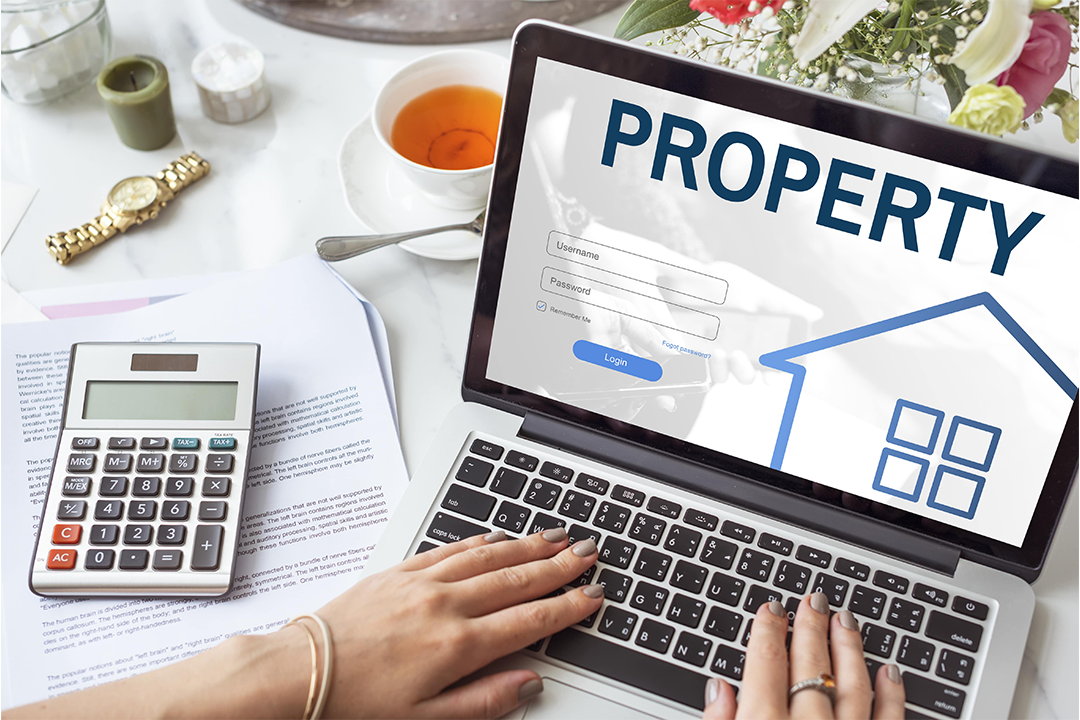A lot of things are shared while you're in a relationship, including laughter, duties, and even expenses. Couples, on the other hand, typically buy homes without taking their financial situation into account. It's vital to consider both of your incomes when selecting what type of mortgage to get if you want to move into and have a new home you can truly call your "own" with your significant other or husband. Read on for tips on how two incomes can become one mortgage payment!
Talk openly about money.
Financial transparency with your partner is critical, especially if you're in a committed relationship. If you don't talk about money, it can lead to resentment and conflict. Your financial standing is more than just numbers but a statement of who you are as individuals and as partners, so make sure that you are in the same direction financially before making any major decisions, such as taking out a mortgage together.
Openly discussing how much money each person makes and what they spend it on before taking on new debt, such as a mortgage payment, is a mature step in your relationship. It may be awkward or odd at first, but if everyone feels comfortable sharing their budgets and spending patterns, as well as hearing about others, the process will be easier than ever!
Discuss your ideal home that fits your budget.
Discuss what you want in a home as partners, what you can afford, and what you need. Be open about sharing your thoughts, and don't be afraid to compromise on the location or size of the house. You may have different ideas about how much space is ideal for your family, but if one partner wants something bigger than the other, it's best to find a middle ground that works for both of them.
If you're currently undecided, take a look at some different types of houses and talk about the pros and cons. For example, if one partner is ready to move into a more spacious home, but the other wants something more affordable, consider buying a larger house in a less expensive neighborhood than moving into a home that's smaller.
Browse property listings online.
You can start your search online. Property listings are a great place to check what homes are available in your ideal location, as well as the price range, and they'll give you a sense of what homes have sold for in the past. You can search by location, property type (house or condo), and price range.
You should also browse real estate websites like Home Options to see how much houses cost in different areas within driving distance from where you live now--and make sure those areas have good amenities!
Check the community and its amenities.
While you're looking at the area, think about what kind of community you'd like to be a part of. Are there local events that would bring you and your partner together? Is there a store or restaurant nearby that has become a favorite? Are there parks, playgrounds, and other places where children can play safely?
See your future as residents of the area. How long will the travel be from work to home? If one will be commuting, is there transportation available 24/7?
Once you've decided on a neighborhood, take some time to get to know its residents by volunteering for local organizations or even joining online closed groups of residents.
Seek assistance from a real estate professional.
When you're ready to buy a property, it's best to seek assistance from a licensed real estate agent. A qualified agent may save you time and money by advising you on which areas to look for properties and how much they will cost.
Here are some tips on finding an agent who's right for your needs:
Ask family members or friends for recommendations with them first before committing yourself to one person. If they've had positive experiences in the past with certain agents, those agents may be worth contacting directly.
Check online reviews from previous clients; these can tell you which agents have good reputations among customers.
Focus on the future.
Don't be carried away by the thrill of finally owning your own property when you're thinking about buying a home. But before you do anything, be sure you have everything else planned out.
Make sure that both partners have good credit scores and solid incomes--this will help ensure that they can qualify for loans at reasonable rates.
Don't buy more house than necessary: Buying too much space means paying more money every month on utilities and maintenance; plus, if one partner loses their job or gets transferred by their employer, chances are good that they won't be able to sell their new home easily because there aren't enough buyers looking for properties like theirs nearby. If possible, try renting an apartment first so that both parties can test out living together before committing themselves financially through homeownership!
Don't forget about the future: Before you buy a home together, sit down with your partner and discuss what would happen if one or both of you decide to move out. Will either person get first dibs on buying out the other's share? If so, what amount will it cost, and when will they be required to repay it? If not, how will the costs of selling the property be split? These are concerns that need to be resolved before any contracts are signed!
Don't rush on buying a home.
It is important that a couple should not rush into anything while purchasing a home. You may feel compelled to purchase now due to rising interest rates or other variables that may make homes more expensive in the future. But if you rush into buying a home that doesn't fit your needs, then there could be major issues down the road when it comes time for repairs or upgrades.
Squeezing all the money you can out of a mortgage for two people onto one income is possible, but it isn't easy. And it will likely mean making some sacrifices along the way. If you're prepared to make these sacrifices, however, this article gives you the advice that you need to plan a successful transition from dual incomes to one overall mortgage payment.



